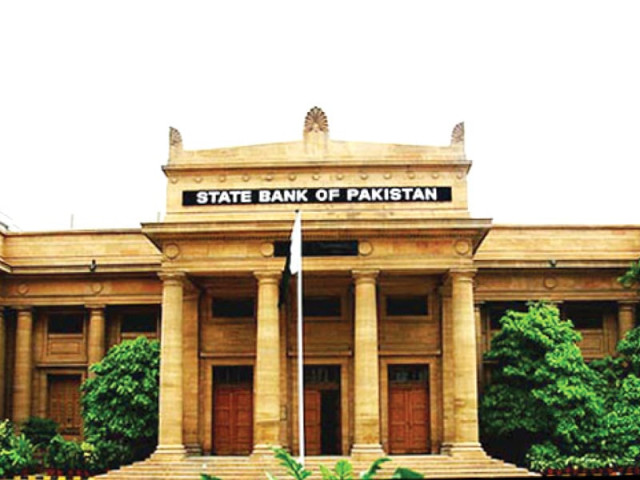SBP cuts interest rate for first time in four years amid inflation slowdown
The move aims to stimulate economic growth following a significant drop in retail inflation.

Pakistan's central bank cut its key policy rate (interest rate) for the first time in four years on Monday, reducing it by 1.5 percentage points to 20.5% in the wake of a significant slowdown in inflation in May. This change is expected to spur economic growth in the next fiscal year starting July 1.
The State Bank of Pakistan (SBP) reported that the country achieved moderate growth of 2.4% in the outgoing fiscal year 2023-24. The new policy rate will become effective on Tuesday.
The central bank's monetary policy committee (MPC) noted some upside risks to the near-term inflation outlook associated with upcoming budgetary measures and uncertainty regarding future energy price adjustments.
"Notwithstanding these risks and today’s decision, the Committee noted that the cumulative impact of earlier monetary tightening is expected to keep inflationary pressures in check," the SBP monetary policy statement reads.
Earlier, the bank had maintained a record-high policy rate of 22% for the past 11 months despite announcing seven monetary policies during this period.
It had raised the rate cumulatively by 15 percentage points over the prior three years to control inflation, which hit a multi-decade high of 38% in May 2023 in Pakistan.
The MPC noted the following key developments since its last meeting. First, real GDP (gross domestic product) growth remained moderate at 2.4% in FY24 according to provisional data, "with subdued recovery in industry and services partially offsetting the strong growth in agriculture."
Second, a reduction in the current account deficit has helped improve the FX (foreign exchange) reserves to around $9 billion "despite large debt repayments and weak official inflows."
The government has also approached the IMF for an Extended Fund Facility programme, which is likely to unlock financial inflows that will help further build FX buffers. Lastly, international oil prices have declined, while non-oil commodity prices have continued to inch up.
Headline inflation decelerated to 11.8% in May 2024 from 17.3% in April. Besides the continued tight monetary policy stance, this sharp reduction was also driven by a sizeable decline in prices of wheat, wheat flour, and some other major food items, along with the downward adjustment in administered energy prices.
The committee noted that the real interest rate remains significantly positive, which is important for guiding inflation to the medium-term target of 5-7%.
The committee also emphasised that "future monetary policy decisions will remain data-driven and responsive to evolving developments related to the inflation outlook."



















COMMENTS
Comments are moderated and generally will be posted if they are on-topic and not abusive.
For more information, please see our Comments FAQ